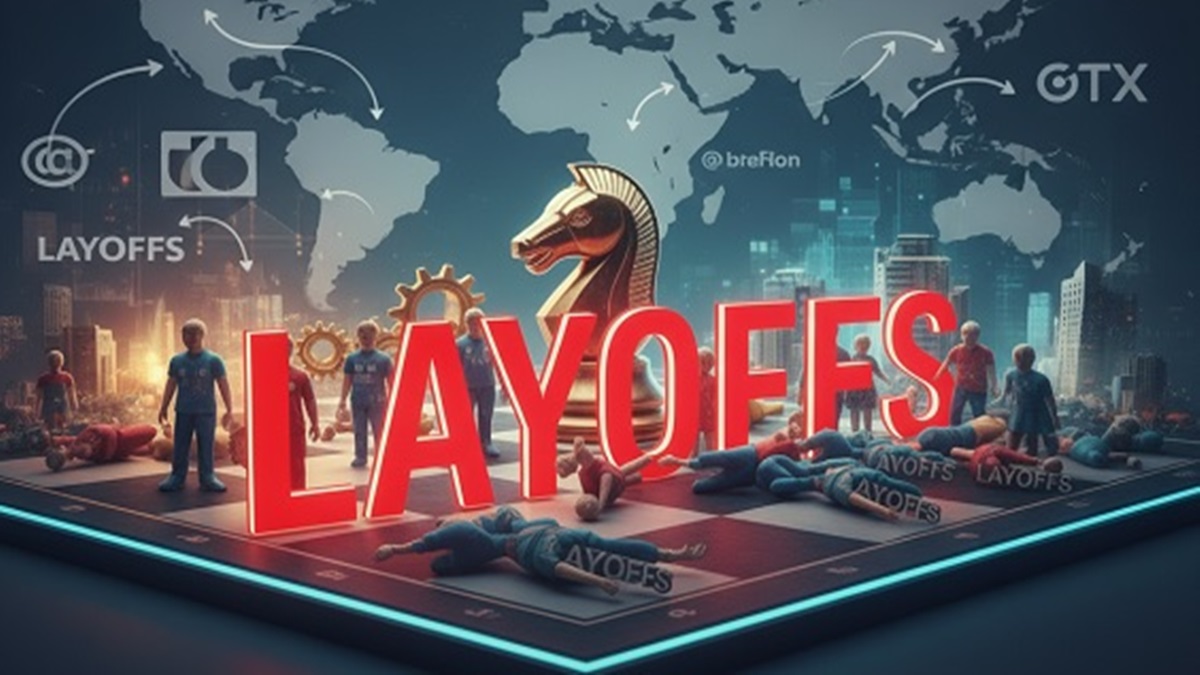For decades, professionals in India believed their prime earning years stretched safely into their late 50s. But in corporate corridors today, an uncomfortable reality is surfacing: the age group between 42 and 45 has quietly turned into a high-risk zone.
“People assume retirement happens at 60, but that assumption is increasingly outdated,” says Vinod Srinivasan, Director at Aionion Group. “We’re seeing more professionals being nudged out—or choosing early exits—in their early 40s. It’s not necessarily a reason to panic, but it’s definitely a prompt to plan.”
As industries undergo rapid transformations, driven by digitalisation, automation, and relentless cost pressures, mid-career professionals who once felt secure are finding themselves vulnerable.
“This trend has been gathering steam silently,” Srinivasan explains. “It’s not the end of stability—but the beginning of smarter autonomy for those who prepare well.”
He believes professionals in this age bracket must adopt a proactive mindset and consider these three strategic steps:
1. Diversify your income.
“Don’t rely solely on your paycheck,” Srinivasan advises. “Start building an investment base that works for you, so your lifestyle isn’t entirely at the mercy of a corporate decision.” He points to tools like SIPs, equity mutual funds, rental income, or even passion-led side businesses as crucial financial buffers.
2. Upskill or explore entrepreneurship.
“Create a Plan B that doesn’t depend on one employer,” he says. In today’s economy, professionals who can pivot into consulting, freelancing, or niche entrepreneurship hold a critical advantage. “Upskilling—especially in digital skills, analytics, and strategic management—is your insurance policy.”
3. Reframe the shift.
Rather than viewing this shift as a looming threat, Srinivasan urges professionals to see it as an opportunity to redefine career autonomy. “In value investing, we don’t wait for the crisis—we prepare for it. The same principle applies to careers,” he says.
He emphasizes that those in their 40s should treat these signals as a crucial early-warning system, not as a crisis. “Start compounding your financial independence, not just your work experience. Think of this decade as your window to transition from being purely salary-driven to creating sustainable personal wealth.”
While the cultural narrative of retiring at 60 remains strong, Srinivasan believes ignoring the changing realities could prove costly. “The world has changed. It’s no longer just about how long you work—but how wisely you prepare for the years ahead.”




















